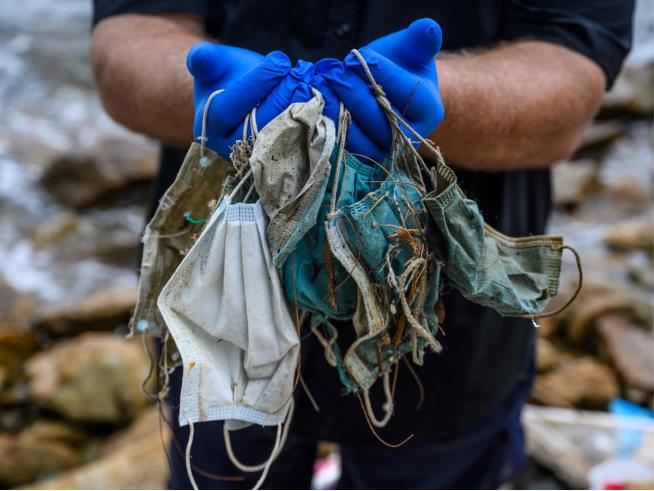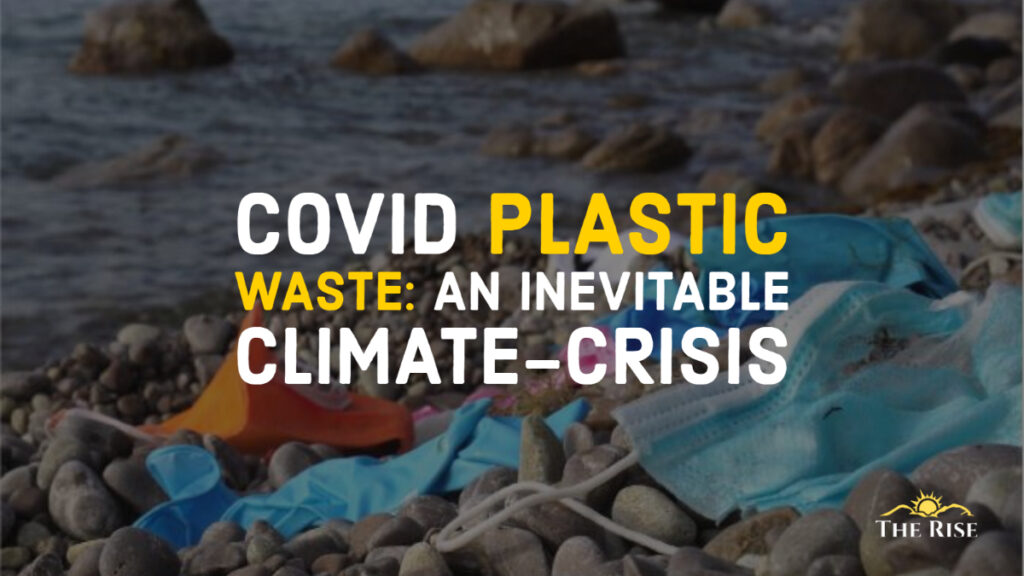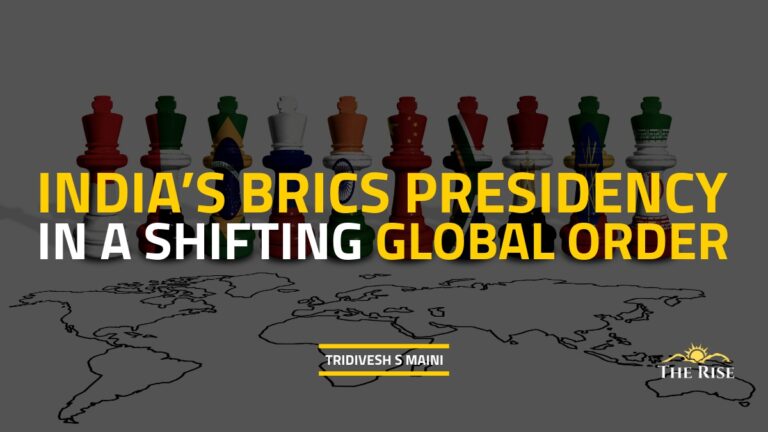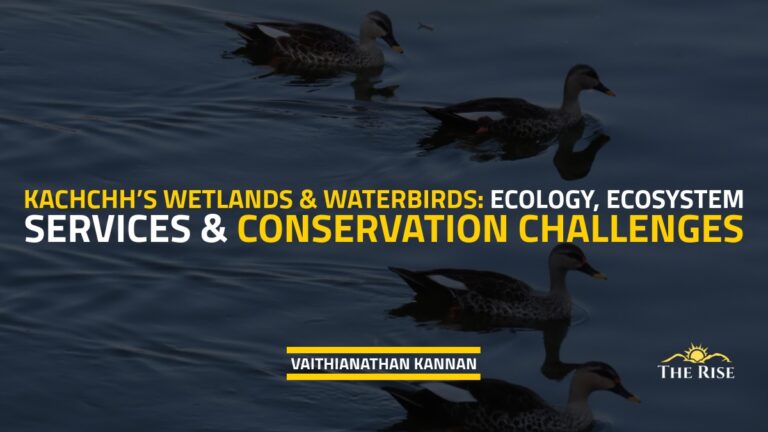With the onset of the second wave of Coronavirus all across the world, we are seeing a surge in testing, hoarding of protection gears, medicines, and masks. And the most lethal thing they have in common is – Plastic. To fight off this deadly virus, the main weapon is turning out to be deadlier. The pandemic has driven the world into the adhering use of plastic exponentially more. It has been reported that single-use face mask production in China soared to 116 million per day in February, about 12 times the usual quantity. Reports suggest that If the global population adheres to a standard of one disposable face mask per day after the end of the lockdowns, the pandemic could result in a monthly global consumption and waste of 129 billion face masks and 65 billion gloves!
The surgical mask for personal protection, Personal Protective Equipment (PPE) kits for frontline workers, the medicines, sanitizer bottles, vaccination syringe, gloves, testing kits are everywhere, and the proper disposal of these accumulated plastics is just nowhere.
79 percent of the total plastics produced in the world enter our environment as waste. Only 9 percent of the total plastic waste in the world is recycled. A Central Pollution Control Board (CPCB) report (2018-19) puts the total annual plastic waste generation in India at a humongous 3.3 million metric tonnes per year.
Reports suggest that if the global population adheres to a standard of one disposable face mask per day after the end of the lockdowns, the pandemic could result in a monthly global consumption and waste of 129 billion face masks and 65 billion gloves!
Imagine the impact it will create on ocean bodies and the ecosystem. It has been calculated if the current scenario persists there will be more masks than jellyfish in the Mediterranean sea.
Huge Amount of COVID-19 Plastic Waste
The inadequacies and inefficiencies of our current waste management system to deal with the increased dependence on plastic could aggravate its mismanagement and leakage into the environment, thus triggering a new environmental crisis, especially in a country like India where municipal waste collection bodies directly dump more than 110 million tonnes into landfill sites in a haphazard manner.

The municipal corporations all across India have been unable to tackle the generated waste because of lack of infrastructure, poor loading capacity, absence of engineered landfills, and inability to segregate waste at the source, even way before the COVID-19 era, and the condition has gotten way worse in the pandemic.
Also Read | Has COVID-19 Taught Us the Humility to Tackle Climate Change?
Before the pandemic, the industry argued that desisting plastic production was too big, too difficult, too expensive, and time-consuming to pull off. Yet there was an array of initiatives taken to dismantle the system of single-use plastic. COVID-19 outbreak swept away all the efforts, momentum of a years-long global battle, and now the global plastic packaging market size is projected to grow from USD 909.2 billion in 2019 to 1012.6 billion by 2021, at a compound annual growth rate of 5.5%.
Improper disposal of just 1% of face masks translates to more than 10 million items, weighing about 30,000 – 40,000 kg. Waterlogged COVID-19–related plastic has been observed on beaches and in water, potentially aggravating the challenge of curtailing micro-plastics. Same micro-plastics take around 450-600 years to completely break down.
Tackling the Crisis
Imagine a future where the plastic in the ocean will weigh more than the fish in it, approximately 710 million metric tons of plastic dumped in the environment, and plastic eventually entering the human food chain. Unless the handling of COVID-19 induced plastic is not addressed on war-footing, the scenario will just worsen with rapid global warming and a major climate crisis.
Several studies are being undertaken across the globe to find an answer to this problem. One such study suggests a strategy that could help mitigate the problem of dumped PPE. The research from the University of Petroleum and Energy Studies (UPES) in Uttarakhand shows how billions of items of disposable PPE can be converted from its polypropylene (plastic) state into bio-fuels – which is known to be at par with standard fossil fuels.
Also Read | Air Pollution and COVID-19
A way to go forward is by doing investments in technologies like feed-stock recycling, improving the infrastructure and environmental viability of existing techniques. General awareness, building international willingness and participation to curb any form of pollution through summits and agendas is a necessity. Transition towards environmentally friendly materials like bioplastics and harbouring new sustainable technologies would be crucial to fighting future pandemics.
Adhering to cloth face masks that are more sustainable and reusable is something the general population can adopt. Also, there are many sustainable alternatives to non-biodegradable gloves which can be used in place.
Individual responsibility, corporate action, and government policy are all necessary to keep us from transitioning from one disaster to another. We have to remember that battling the climate crisis due to plastic waste in the long run is much more complex than a fight with viruses. It’s necessary to take initiative on an individual level to limit plastic usage in day-to-day life.
A “no” to plastic today can keep our future climate crisis away.
Disclaimer: The views expressed in this article are of the author solely. TheRise.co.in neither endorses nor is responsible for them.
About the author

Nivya Talokar
Nivya Talokar is a 3rd year B. Tech. student at KIIT University, Bhubaneswar.






Pingback: Differential Pricing of COVID Vaccines in India: Moral or Amoral? - TheRise.co.in
Pingback: India’s Treatment of the Dead: Shame on Humanity or Shame on Governance? - TheRise.co.in
Pingback: The Dead Cannot Cry Out for Justice - TheRise.co.in
Well articulated.